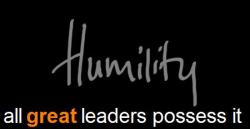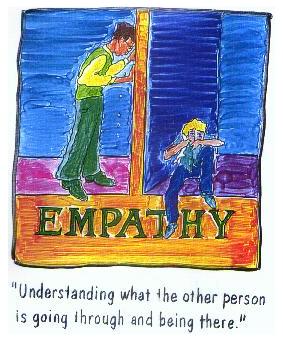Working with our Strongest Traits and our Unused Traits. Building Balance and Strength.
May 14, 2015 Leave a comment
 This week we are focusing in on behavioural traits. Harrison Assessments identifies 175 traits that provide a profile of those traits that are strong for you, those that are used easily and with comfort, and those which you have not yet given sufficient attention for them to have built strength in their use. Looking at your traits through the Harrison Profiles gives you wonderful insights into how to best use your traits at work, which jobs will suit you the best, which areas to target for development.
This week we are focusing in on behavioural traits. Harrison Assessments identifies 175 traits that provide a profile of those traits that are strong for you, those that are used easily and with comfort, and those which you have not yet given sufficient attention for them to have built strength in their use. Looking at your traits through the Harrison Profiles gives you wonderful insights into how to best use your traits at work, which jobs will suit you the best, which areas to target for development.
The profiles are also very useful for building your own self awareness, and minimising that “Not Known by Self/Blindspot” window of the Johari Windows. Read more of this post

 Did you know that we can help you integrate Talent Analytics into the way that you do business?
Did you know that we can help you integrate Talent Analytics into the way that you do business? The challenge of communicating well in the workplace is complex and multi-faceted. One of the classic challenges is when to say more without it being too much, and when to say less without seeming heartless, terse or brusque.
The challenge of communicating well in the workplace is complex and multi-faceted. One of the classic challenges is when to say more without it being too much, and when to say less without seeming heartless, terse or brusque. Long ago, as I started my consulting career, I was assisting a colleague in running a Leadership Development Course. Over a period of several days, I watched this group of 15 individuals, young, confident, cocky and somewhat arrogant. I asked my colleague if I could run a session on Humility. And so began my interest in the traits that, when cultivated and attained, manifest in deep leadership ability.
Long ago, as I started my consulting career, I was assisting a colleague in running a Leadership Development Course. Over a period of several days, I watched this group of 15 individuals, young, confident, cocky and somewhat arrogant. I asked my colleague if I could run a session on Humility. And so began my interest in the traits that, when cultivated and attained, manifest in deep leadership ability. Empathy is a good trait to have. It allows us to understand the feelings of others, to predict the responses others might have to situations, and to engage with people on an emotional level. In management and leadership positions, it’s a very valuable trait, as staff respond positively to the feeling that they are understood and cared about. It makes the workplace feel as though it is a secure and comfortable environment when empathetic people are in charge.
Empathy is a good trait to have. It allows us to understand the feelings of others, to predict the responses others might have to situations, and to engage with people on an emotional level. In management and leadership positions, it’s a very valuable trait, as staff respond positively to the feeling that they are understood and cared about. It makes the workplace feel as though it is a secure and comfortable environment when empathetic people are in charge.






